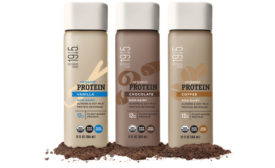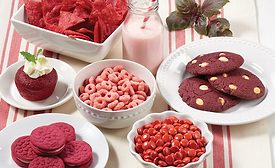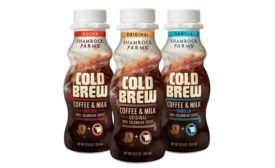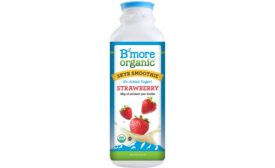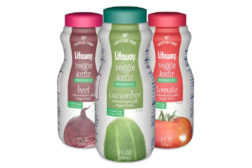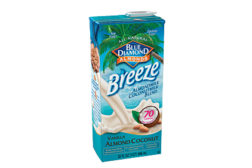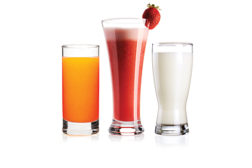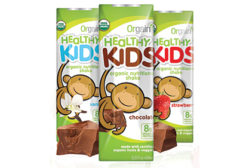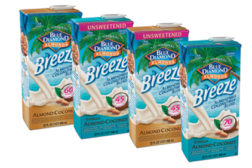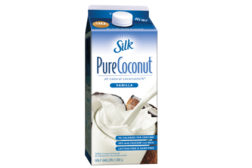Home » dairy drinks
Articles Tagged with ''dairy drinks''
Segment mainstays down in volume, sales
Read More
Sensient Colors releases heat-stable red color
SupraRed applicable to UHT packaged beverages
September 15, 2016
Shamrock Farms launches Cold Brew Coffee and Milk
Product launches in Arizona this fall
September 14, 2016
Lifeway Foods reports strong Q2 results
Sales for kefir company up 28 percent in quarter
August 11, 2014
Children's drinks address growing concerns
Children’s drinks leverage natural, reduced sugar claims
February 13, 2012
Substitutions expand non-dairy options
Almond milk battles soymilk for top dairy alternative spot
November 14, 2011
Elevate your expertise in the beverage marketplace with unparalleled insights and connections.
Join thousands of beverage professionals today. Shouldn’t you know what they know?
JOIN NOW!Copyright ©2025. All Rights Reserved BNP Media.
Design, CMS, Hosting & Web Development :: ePublishing
